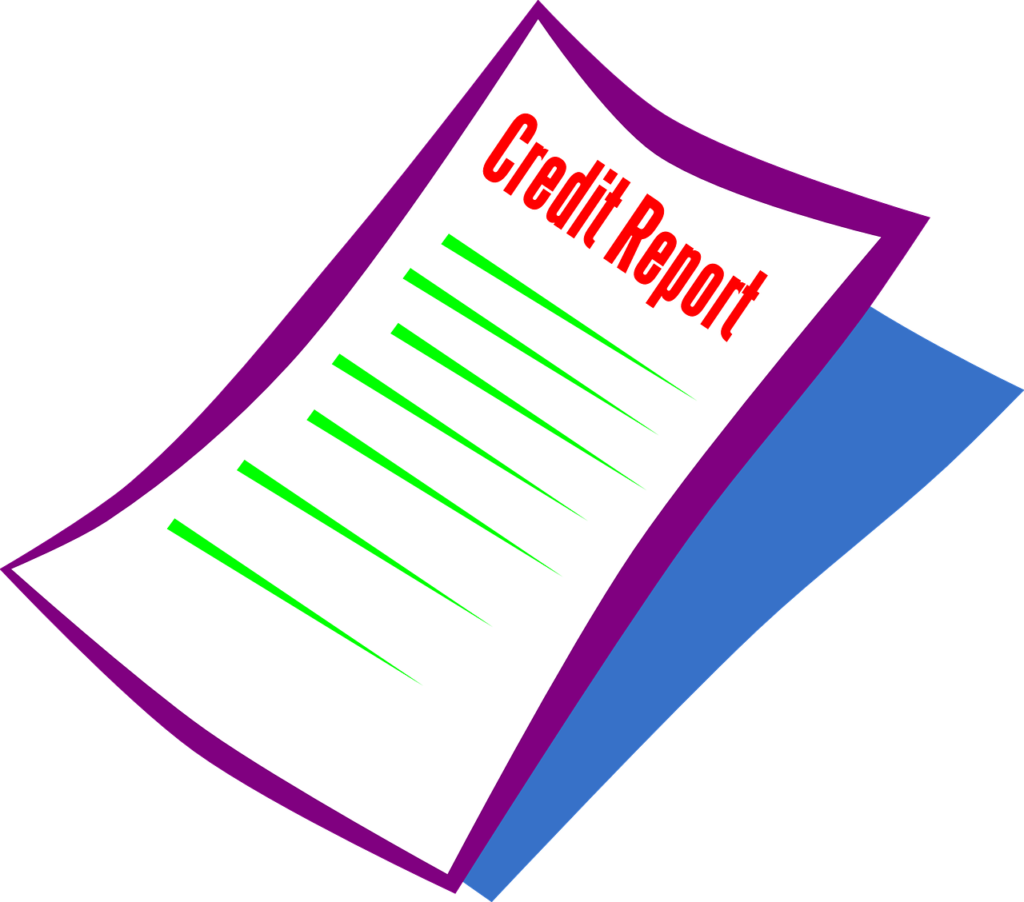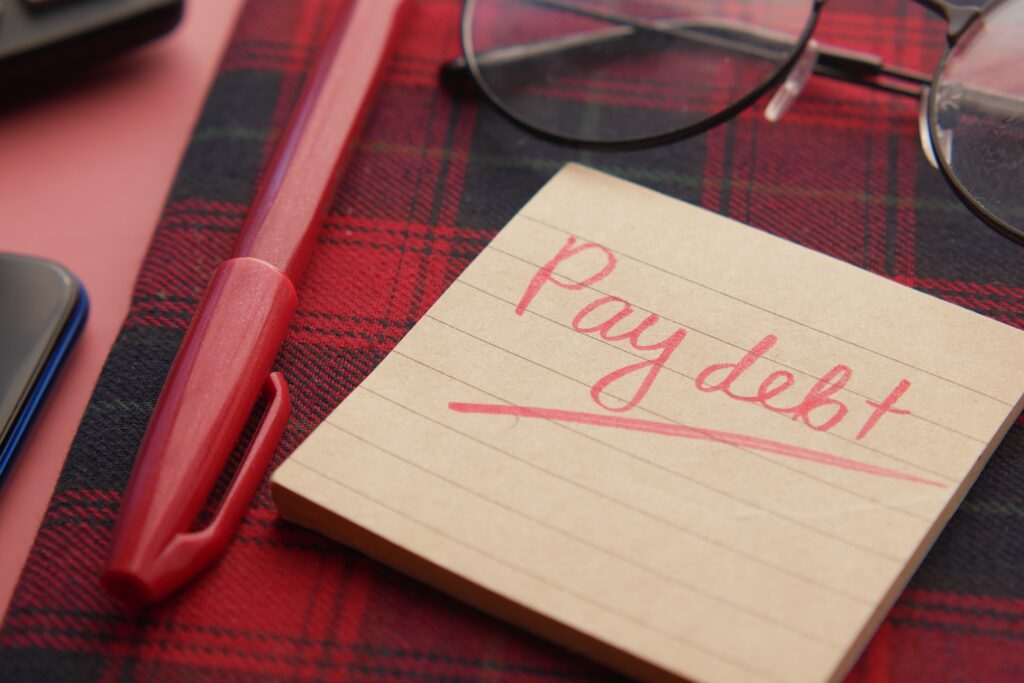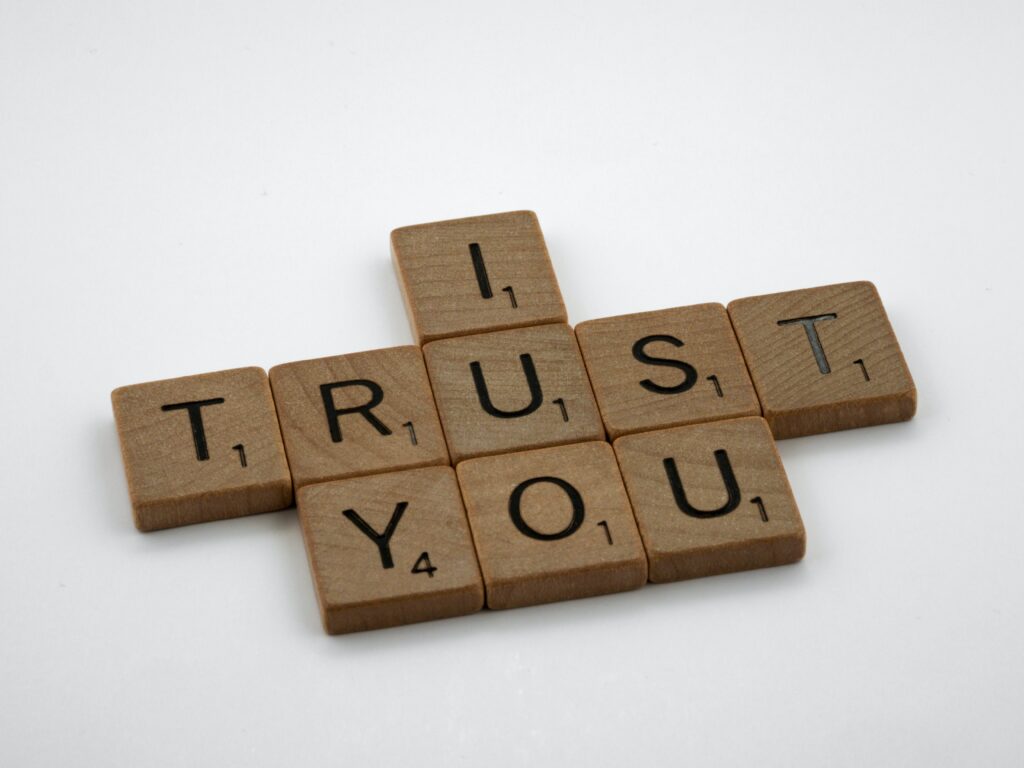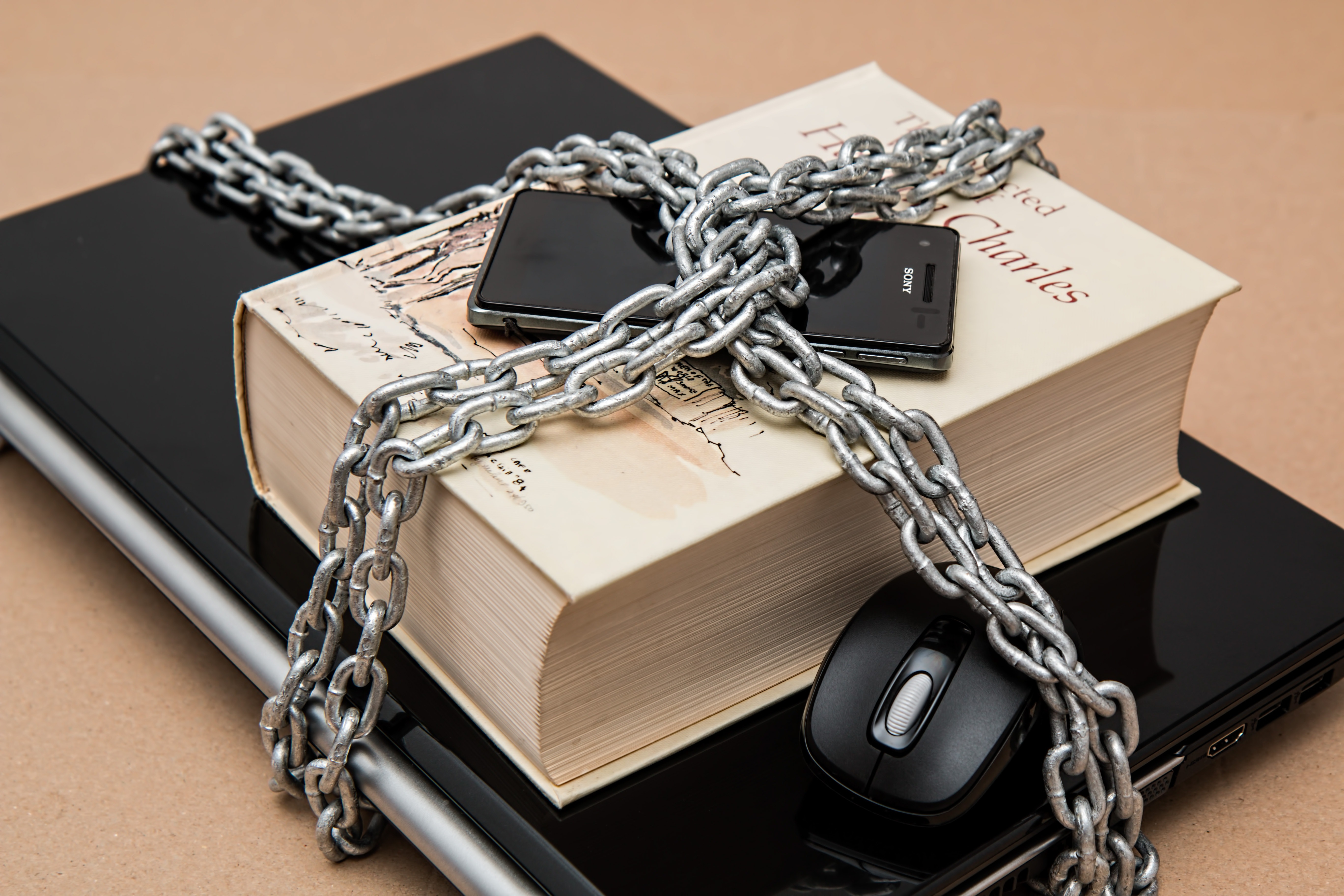While there are a few steps you can take that will raise your score twenty or so points within several months, raising your score substantially (fifty, a hundred points, or more) takes time, especially if you have to work off some negative items in your credit history.
Your credit score is a result of how you have handled your credit responsibilities over a period of time. Practice prudent financial management and in time you will have a high score, don’t and your score will be low.
The good thing about the slow fix is that what takes you to a high score will likely keep you there.
So what steps do you take to get a high credit score? In our Financial Management for Debt Free Living — Part 1 as well as our Financial Management for Debt Free Living — Part 2 posts we discuss how a consistent financial management routine will have a positive effect on your credit score.
The good thing about a slow and steady approach is that the actions that take you to a high credit score will keep you there.
Here, we’ll review the five factors that affect your credit score and then discuss what actions you can take to positively affect your score.
Five Factors that Affect Your Credit Score
1. Length of History – 15%
Starting from your first credit account, the various fluctuations in your credit life is on full display for analysis. The longer your history the better, and a general upward trend gives potential & existing lenders confidence in your credit worthiness.
2. New credit – 10%
Older credit accounts are better. Too many new accounts, especially if opened within the past 12 months, are cause for concern.
3. Type of credit – 10%
When you have different types of credit on your report it indicates a level of credit maturity and an ability to handle the demands of various types of credit structures.
4. Payment history – 35%
Looks at your history of on–time and late payments and how late the payments have been. The greater the number of late payments, the longer the payments have been outstanding, and the more recent the late payments, the greater the (negative) effect on your profile.
5. Amount owed – 30%
Using just a small percentage (10-30%) of the credit available to you is a very important part of your score. Still, they don’t want to see you have too much unused credit to go crazy with. It’s a balancing act. While it is expected that you will make periodic large payments using credit, when you do build up balances, they want to see you pay it down quickly.
Actions to Raise and Maintain Your Credit Score
Now let us look at what actions you can take to get to a higher credit score. In considering each action, try to relate it to one of the five preceding factors so you can prioritize your planning for maximum effect.

Get a grasp of where you are now
Get your free annual credit report from each of the three credit bureaus at annualcreditreport.com. Check each carefully and contact the relevant bureau if you see any discrepancy. The credit bureaus won’t give you a free credit score but that’s not a problem as most major banks now provide your FICO score on your online card or loan account.
Once you have sorted out yourself (see Getting Out of Debt article on this website), review your credit reports annually (do one each at three-month intervals) to keep track of things.
Have more than one income stream
How big or small this is depends on you. Initially, your second income may be needed to pay down outstanding debt. Thereafter, your second income should be saved for emergencies and to fund major expenditures so you avoid carrying a loan balance and reduce or eliminate paying interest. Remember, your overall credit balance accounts for thirty percent of your credit score.
Live below your means
Live a level or two below what you can afford. Set up rules for spending. Never spend all of your income on recurrent monthly expenses. Any household item costing more than one month’s salary must be saved for and paid for in full at time of purchase.
If you must borrow, make as big a deposit as you can and ensure the item lasts for at least twice the financing period. Still, it’s better to build savings, borrow from yourself and repay the “loan” with interest. You can review the Living Within Your Means article on this website for additional guidance.

Pay your bills on time, every time
Pay any bill that carries an immediate cash penalty (eg credit cards) at least one day before they are due just in case. Pay the others on the due date.
If you are disciplined, on the day you get the statement or payment notice, schedule the payment for the day you choose. If not, set up automatic payments. Remember, your payment history accounts for the greatest portion—thirty-five percent—of your credit score.
Develop a distaste for paying interest
Learn to view interest as paying a tax, as burning money. Add up all the interest & fees you paid last year and work it out as a percentage of your take home pay. Paste these numbers on the fridge door, the bathroom mirror, and the closet door. Learn to hate these numbers.
Borrow judiciously
You must use credit to have a high credit score, but you do not need to carry high credit balances.
The only time to borrow without much thought is to save a family member’s life. That leaves two other scenarios: 1) to acquire things that will have value after the loan is repaid; 2) to fund a project guaranteed to return the full investment plus twice the interest cost without risking any other asset that you currently own.
View your credit card as a convenience card to be paid in full each month, not a loan source.
Likewise, do not view your house as a perpetual money source via home equity loans. Instead, see it as rent-free accommodation in your old age, and move towards this vision by prepaying as much as possible throughout the mortgage period.
Vary the type of credit that you have
This area accounts for ten percent of your credit score, so consider these credit rule to adopt:
• Credit card for daily expenditure, paid in full each month.
• Installment credit for anything that requires financing for more than one year and will have value at the end of the financing period.
• Mortgage loan to pay for the house you live in.
• Home repairs tap into savings and supplement with one of those interest-free low-fee credit card promotions only if you are one hundred percent sure you can repay the full balance in the credit period less a couple weeks.
Set a limit on the number of credit cards you have and always repay the full balance each month. Hold one with a zero balance in reserve.
Never use all the credit you can access
This area falls under your overall credit balance which accounts for thirty percent of your credit score
Set a limit on the number of credit cards you have and always hold one with a zero balance in reserve. Repay the full balance on your other credit card(s) each month. Rotate the use of your card(s) every six or so months.
Whenever you can, overpay on your installment loan and mortgage loan so that you build up equity early as well as reduce the overall interest and loan period.
Honor your financial obligations before all else
This bears repeating from the “Pay your bills on time. Every time” section above; a thirty-five percent portion of your credit score is at stake here.
Pay back what you owe. Pay according to the agreed terms. Pay off loans before the full term, even if it is only by a few months. If it comes to a crunch, eat less at home, walk instead of drive, plug out stuff, wear out your clothes but always pay back your loans on time.

Establish your financial integrity
Build a reputation for financial integrity and leave a paper trail of it. Don’t employ a scatter-shot approach to your credit by borrowing from all and sundry, accruing numerous short-term creditors over your history.
Get a few cards from stable institutions and hold on the them for as long as you can. Find a good bank, credit union, and brokerage for your main bank and investment accounts and stick with them. Don’t jump from bank to bank with your mortgage, refinancing at every tick in the prime rate.
Length of credit history, stability, and loyalty to institutions account for fifteen percent of your credit score, and it counts most with your longtime financial relationships.
Establish fire walls between your business and personal loan obligations
Don’t speculate with your personal finances. If you have to borrow for business purposes, create a business entity and let it assume it’s credit responsibilities in it’s own name.
However, bear in mind that the some business types (eg DBAs and S Corps) blur the lines between business and personal liabilities; also, there may be times that you will be called upon to vouch personally for your business. Think long and hard about the risks and seek legal and accounting advice about shielding your home, retirement income, and credit score from your business credit obligations.
Guard your personal and financial information
Buy a home safe, hide it, and bolt it down. Scan all your loan, legal, and tax documents and place the originals in the safe. Scan as well as make paper copies of your credit cards, licenses, birth certificate, Social Security card, immigration documents and passport. Put the copies in the safe and keep the original items in the safe when not being used.

I prefer putting the scans on a flash drive stored at a location I know that is different from the original documents. Personally, when it comes to the security of sensitive financial, tax, and legal information, I’m still wary about the cloud, which are just servers located at someone else’s unknown location.
Never email any document with your SS#, bank, or card account details. Never share passwords for your financial and tax accounts. In short, safeguard any information about yourself that can be used to steal your identity and ruin your credit.
Store your computer files on an external hard drive, not your computer hard drive. Back up regularly. My cloud phobia holds here as well.
Never email any of the above documents or any other document with your SS#, bank, or card account details. Never share passwords for your financial and tax accounts.
In short, safeguard any information about yourself that can be used to steal your identity and ruin your credit. If the mere thought makes your heart race, then consider freezing your credit with the three credit bureaus; it can be unlocked when needed.
Conclusion

Getting and keeping a high credit score often require changes in how you view and handle your financial responsibilities.
It takes time and diligence to get there but can be lost easily to misfortune or financial mismanagement.
So, whether you are just starting out or are recovering from some life event, if you start with a few of the guidelines above, then gradually incorporate the rest until everything becomes second nature, eventually you will see a significant and sustainable improvement in your credit score.






